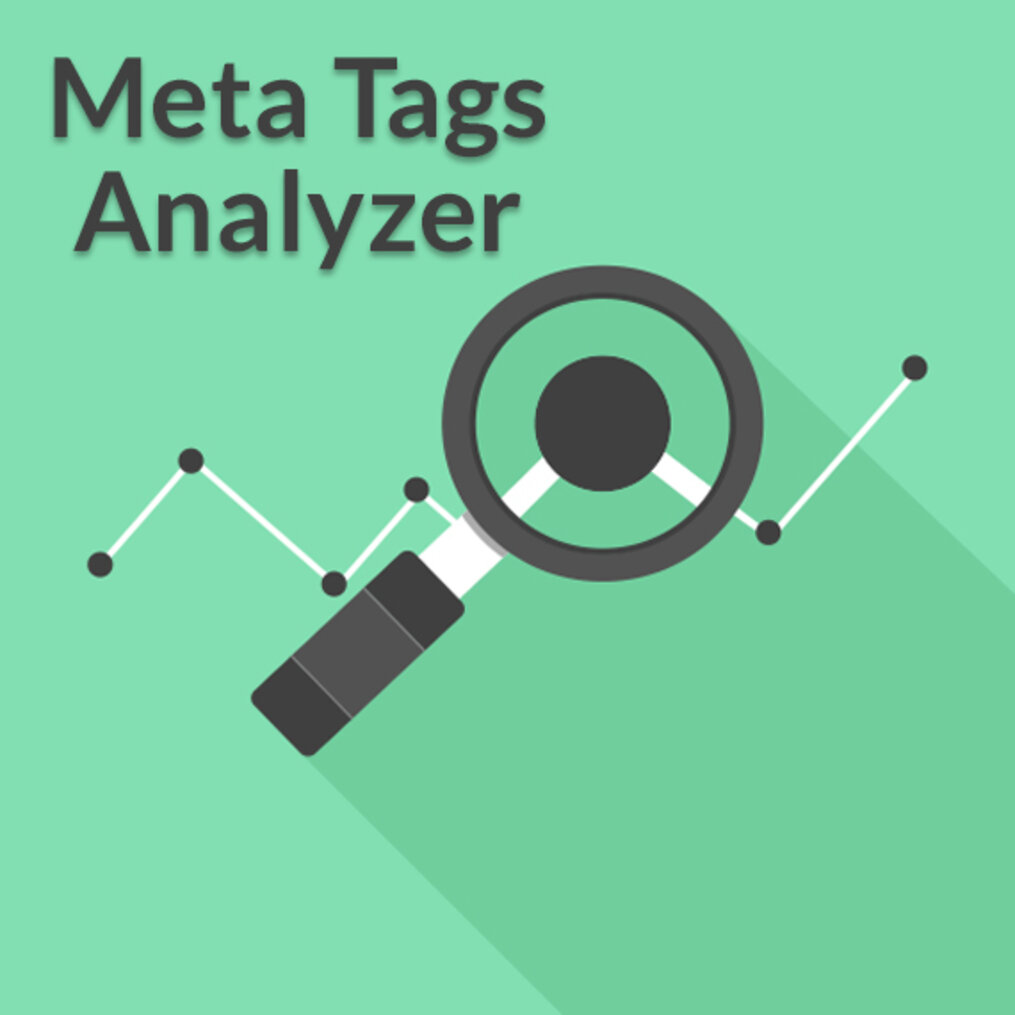Introduction: Unveiling the Power of Meta Tags
In today’s digital landscape, a strong online presence is paramount. Search Engine Optimization (SEO) plays a vital role in enhancing your website’s visibility. One of the key elements in the SEO arsenal is Meta Tag Analysis. In this comprehensive guide, we will take you through the process of effectively using Meta Tag Analyzers to boost your website’s performance in search engine rankings.
What are Meta Tags?
Before we delve into the world of meta tags analyzer, let’s start with the basics. Meta tags are snippets of HTML code that provide information about a webpage. They don’t appear on the web page itself but play a crucial role in communicating with search engines.
Understanding Meta Tag Types
- Title Tags: The first impression of your webpage.
- Meta Description: Providing a brief summary of your content.
- Meta Keywords: Highlighting relevant keywords.
- Meta Robots: Controlling search engine indexing.
Why Are Meta Tags Important?
Meta tags are like a roadmap for search engines. They help search engine crawlers understand the content and purpose of a webpage, which, in turn, influences your website’s ranking. Here’s why they matter:
1. Improved Click-Through Rates (CTR)
Meta tags create compelling snippets in search results, enticing users to click on your webpage.
2. Enhanced Search Engine Ranking
Well-optimized meta tags can significantly improve your website’s visibility in search results.
3. Increased User Engagement
Meta tags provide concise information, helping users find the most relevant content quickly.
The SEO Arsenal: How to Use Meta Tag Analyzers
Now that we’ve covered the basics, let’s explore the steps to effectively use Meta Tag Analyzers for your website.
Step 1: Choose the Right Meta Tag Analyzer
There are various tools available, such as Yoast SEO, Moz, and SEMrush. Select the one that aligns with your needs.
Step 2: Analyze Your Current Meta Tags
Before making changes, evaluate your existing meta tags. The analysis will help you identify areas for improvement.
Step 3: Optimize Title Tags
The title tag is your website’s first impression. Ensure it’s concise, relevant, and contains your primary keyword.
Step 4: Craft Compelling Meta Descriptions
Write meta descriptions that not only describe your content but also entice users to click on your link.
Step 5: Keyword Optimization
Meta keywords should reflect the primary focus of your content. Use relevant keywords to enhance search engine recognition.
Step 6: Meta Robots Configuration
Control search engine indexing by configuring the meta robots tag. Specify whether you want your page to be indexed, followed, or archived.
Step 7: Regular Monitoring
SEO is an ongoing process. Regularly monitor your meta tags’ performance and make adjustments as needed.
Conclusion
In the world of SEO, meta tags analyzer are your secret weapon. Using Meta Tag Analyzers can significantly enhance your website’s visibility, attract more visitors, and boost your online presence. By following the step-by-step guide we’ve provided, you can optimize your meta tags effectively and climb the search engine rankings.
FAQs
-
What are meta tags, and why are they important for SEO?
Meta tags are HTML elements that provide information about a webpage to search engines. They are vital for SEO because they influence search engine rankings and user click-through rates.
-
How do I choose the right Meta Tag Analyzer for my website?
Choose an analyzer that aligns with your specific SEO needs and provides user-friendly features. Popular options include Yoast SEO, Moz, and SEMrush.
-
What should I include in my meta titles and descriptions?
Meta titles should be concise, relevant, and contain your primary keyword. Meta descriptions should provide a brief summary and entice users to click on your link.
-
How often should I monitor and update my meta tags?
Regular monitoring is essential. It’s recommended to check and update your meta tags as needed, especially when your content changes.
-
Are there any free Meta Tag Analyzers available?
Yes, there are free meta tag analyzers like Google’s Search Console and the Yoast SEO plugin. However, premium tools often offer more advanced features for in-depth analysis.










